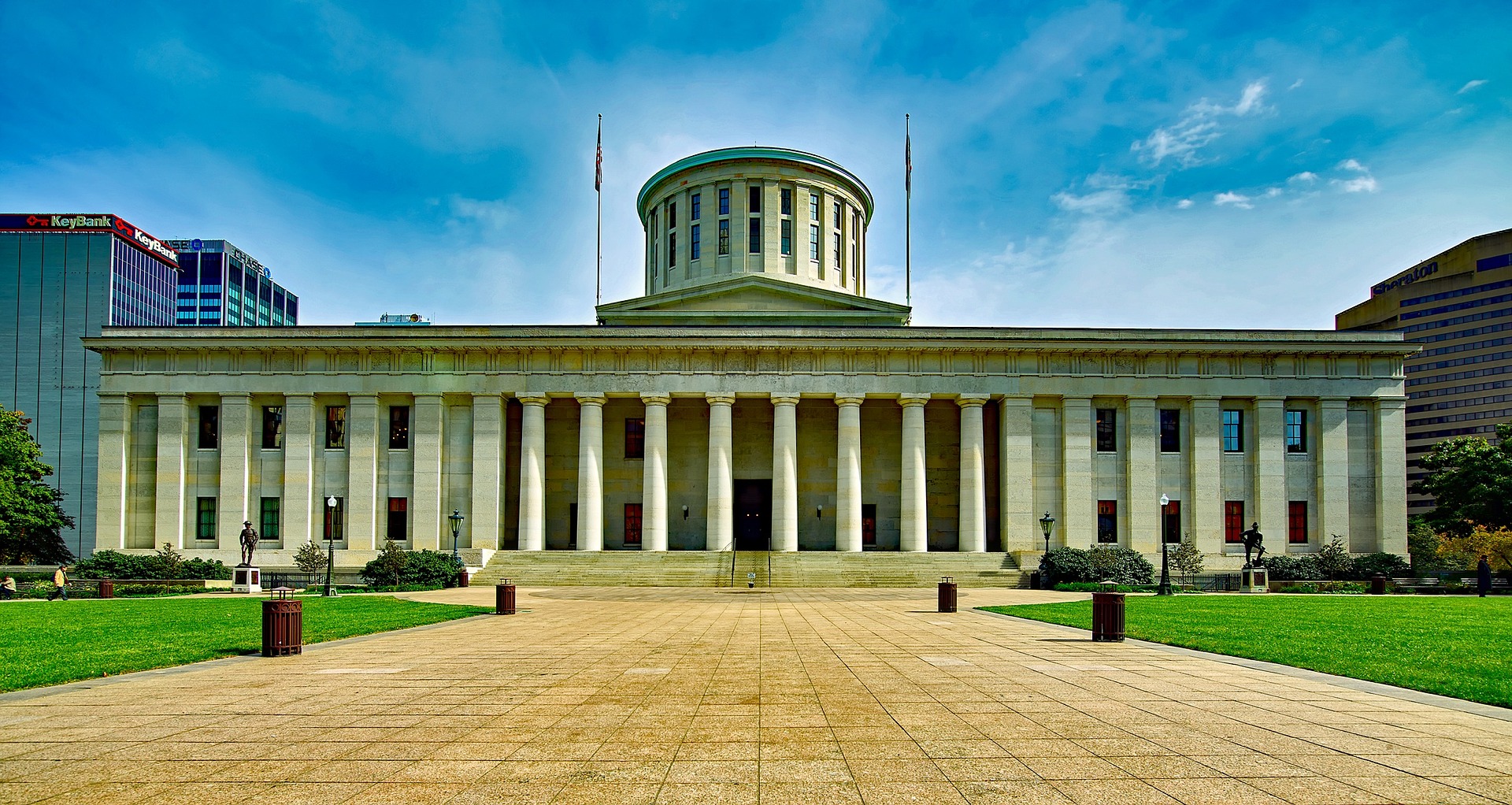From Paper to Practice: The Implementation Challenges of Environmental Laws
Unraveling the complexities of environmental laws and their application, this article delves into the challenges that governments face while implementing these legal frameworks. The piece also looks at the implications of these difficulties on society and the environment.

The Genesis of Environmental Laws
The first environmental laws were established in the mid-20th century, sparked by rising public awareness about environmental degradation and its impacts on human health and the planet. These legal frameworks aimed to regulate human activities, such as industrial processes, deforestation, and waste disposal, that pose threats to the environment. Over the decades, environmental laws have evolved, becoming more comprehensive and stringent in many jurisdictions to combat increasingly severe environmental crises.
The Modern-Day Complications
Today, environmental laws encompass a broad range of issues, from air and water pollution to wildlife conservation and climate change. However, the implementation of these laws has proven to be a complex task, fraught with numerous challenges. Governments often grapple with inadequate resources, lack of technical expertise, and weak enforcement mechanisms. Additionally, environmental laws often require the cooperation of multiple stakeholders, including private businesses, local communities, and international partners, further complicating their execution.
Legislative Updates and Policy Discussions
In response to these challenges, governments and policymakers are exploring new strategies and updates to environmental laws. Some jurisdictions are advocating for stricter penalties for non-compliance, while others are investing in capacity-building initiatives to strengthen their enforcement mechanisms. There’s also a growing discourse around the need to engage local communities more actively in environmental management, recognizing their crucial role in conserving natural resources.
The Societal Implications
The difficulties in implementing environmental laws have significant societal implications. When these laws are not effectively enforced, communities bear the brunt of environmental degradation, from polluted air and water to the destruction of local ecosystems. Furthermore, ineffective environmental laws can exacerbate social inequalities, as marginalized communities often suffer the most from environmental harm. On the other hand, well-executed environmental laws can lead to cleaner environments, improved public health, and the sustainable use of natural resources.
The Road Ahead: Overcoming Challenges
Addressing the implementation challenges of environmental laws requires a multifaceted approach. Governments must invest in strengthening their institutional capacities and enforcement mechanisms. At the same time, there needs to be greater cooperation and coordination among different stakeholders. Encouragingly, many governments are recognizing these needs and taking steps to address them, signaling a positive shift towards more effective environmental governance.
In conclusion, while the implementation of environmental laws presents numerous challenges, they are not insurmountable. With concerted efforts from governments, communities, and other stakeholders, these legal frameworks can serve their intended purpose: protecting the environment and promoting sustainable development for all.




